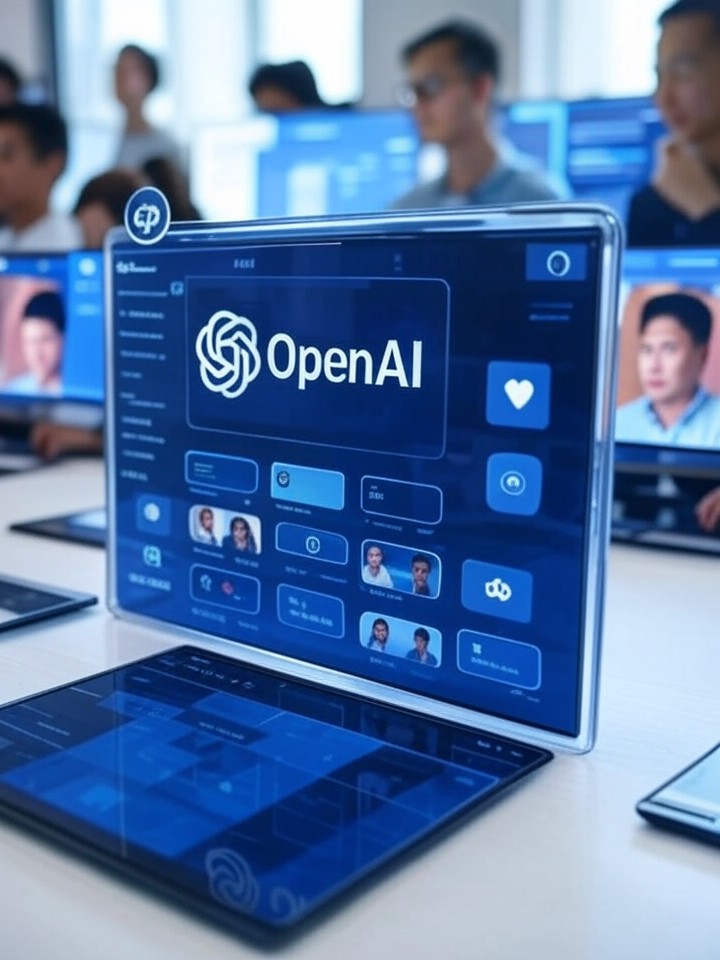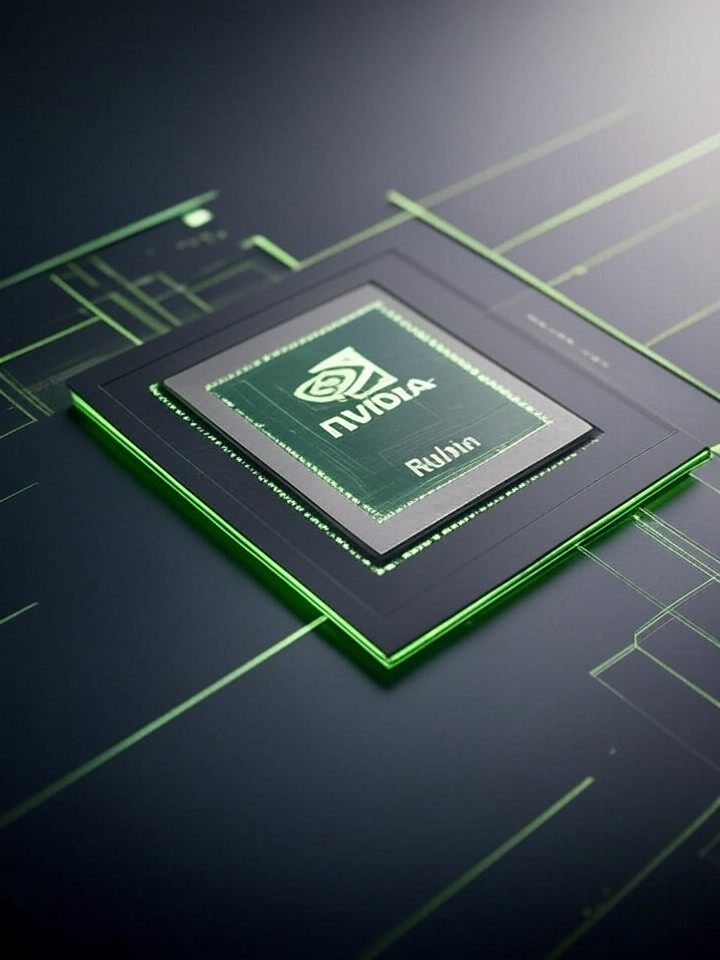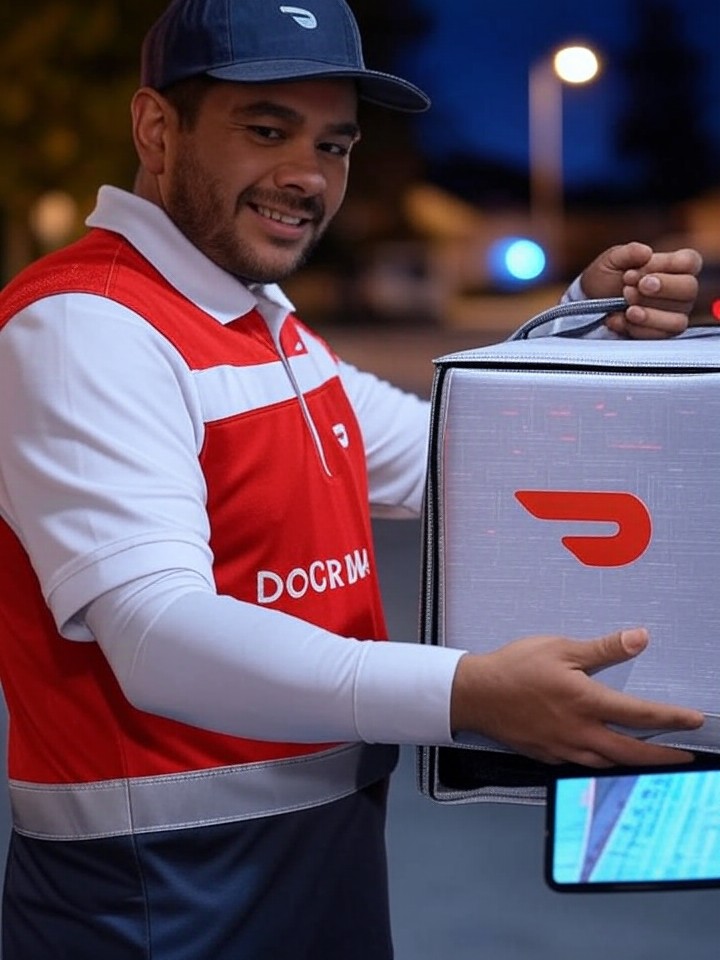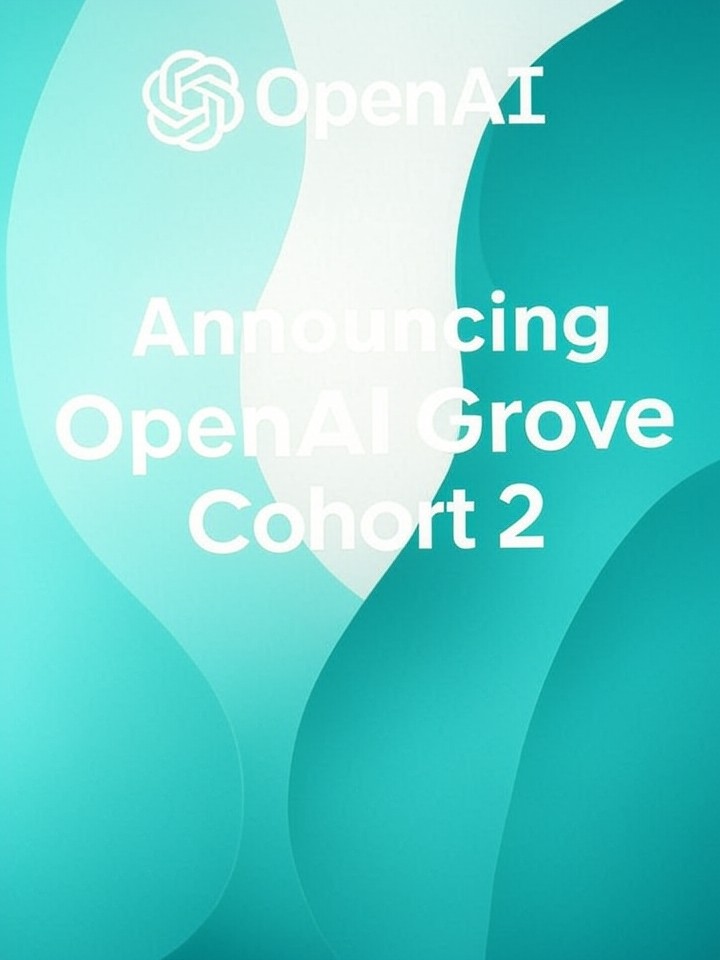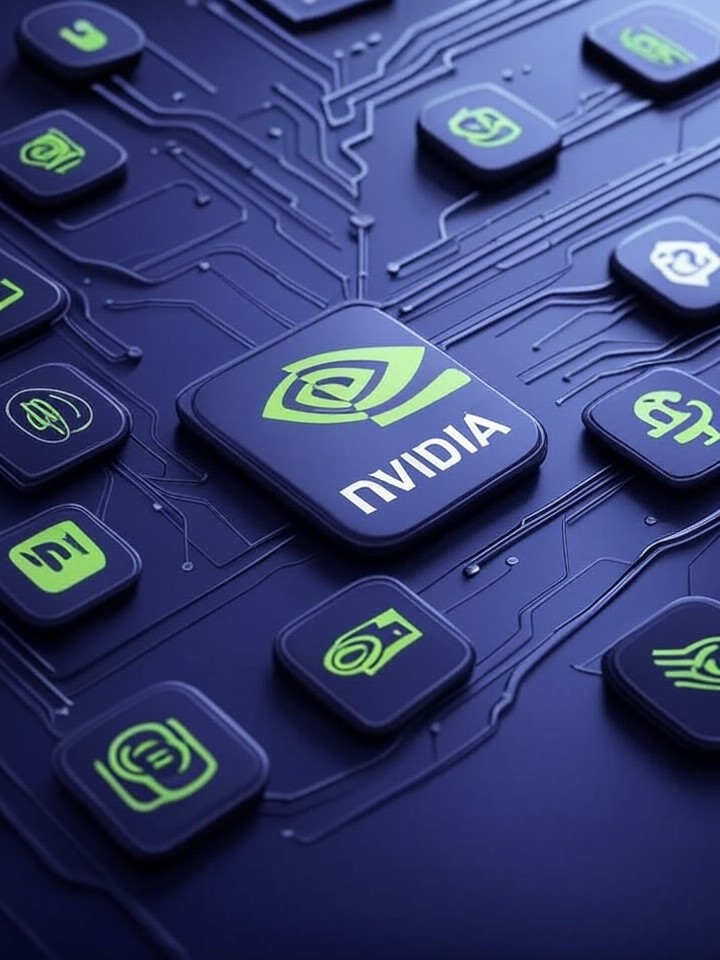Brazil’s Artificial Intelligence Revolution: How AI is Transforming Education, Agriculture, and Business
Brazil’s artificial intelligence revolution is not just a future vision—it’s happening right now. Over the past few years, the country has become one of the most engaged nations in the world when it comes to AI adoption. From classrooms in São Paulo to farms in the interior and entrepreneurs in Rio de Janeiro, Brazilians are actively integrating AI technologies into their daily lives to learn, create, and drive innovation. This surge is redefining how Brazilians approach education, agriculture, business, and creativity, establishing Brazil as a serious global player in the AI ecosystem.
The Rapid Growth of AI in Brazil
In the last decade, Brazil has evolved from a passive technology consumer to an active innovator in the field of artificial intelligence. Government initiatives, university programs, and private sector investments have all contributed to a thriving ecosystem. Organizations are increasingly leveraging AI to improve productivity, reduce costs, and make better data-driven decisions. The widespread use of OpenAI products such as ChatGPT and DALL·E has also accelerated the accessibility of AI tools, allowing people of all backgrounds to benefit from new technologies.
According to data from technology research institutes, Brazil ranks among the top countries globally in terms of AI engagement. The country’s strong academic foundation, coupled with a growing network of startups, has positioned it as an emerging hub for AI-driven development in Latin America.
Revolutionizing Education Through AI
In classrooms across Brazil, artificial intelligence is reshaping how students learn and teachers teach. Educators are using AI-based tools to personalize learning experiences, identify knowledge gaps, and automate administrative tasks. Platforms powered by OpenAI are helping students improve their reading comprehension, language skills, and even creative writing abilities.
AI-Powered Learning Environments
AI chatbots and virtual tutors now assist students in real time, providing instant feedback and adaptive learning suggestions. For example, teachers in public schools are using AI to analyze student performance data, enabling them to adjust lesson plans to suit individual learning needs. This type of personalized education increases student engagement and retention rates, ultimately improving academic outcomes.
Empowering Teachers and Students
Teachers benefit from AI tools that simplify grading, generate customized exercises, and provide new ways to explain complex subjects. Meanwhile, students have access to an abundance of digital resources, simulations, and real-time guidance, helping them develop critical thinking skills. In rural areas where access to high-quality instruction is limited, AI-powered learning applications are helping bridge educational gaps and democratize access to knowledge.
Transforming Brazil’s Agriculture Sector with AI
Brazil’s agricultural industry, one of the largest in the world, is also undergoing a massive transformation driven by artificial intelligence. Farmers are using AI to analyze soil health, monitor crop growth, and predict weather patterns. By combining AI with Internet of Things (IoT) technologies, agricultural producers can make more informed decisions, reduce waste, and increase productivity.
Smart Farming and Predictive Analytics
AI-powered drones and sensors are being deployed to monitor large farms, capturing detailed images and data that help farmers detect pests, irrigation issues, and nutrient deficiencies early on. Predictive analytics enable more efficient management of resources like water and fertilizers, improving both yields and sustainability. This integration of AI and agriculture supports the broader movement toward climate-smart farming, which is crucial for Brazil’s long-term environmental and economic stability.
Empowering Small Farmers
Another key benefit of AI adoption in the agricultural sector is the empowerment of small-scale farmers. Through affordable AI platforms and mobile applications, they can now access information that was once available only to large agribusinesses. These tools assist with task planning, market predictions, and financial management—making it easier for small farmers to remain competitive in a rapidly changing industry.
AI and Small Business Growth in Brazil
Across Brazil, entrepreneurs and small business owners are discovering that artificial intelligence is not just for big corporations. AI applications like chatbots, automated analytics, and machine learning models are helping small businesses streamline operations and improve customer experiences. From e-commerce to local service providers, AI-driven insights allow companies to personalize marketing strategies, predict demand, and optimize supply chains.
AI for Marketing, Sales, and Customer Service
One of the most common uses of AI in small businesses is customer engagement. Chatbots powered by OpenAI technologies, for instance, can answer customer queries, process orders, and provide around-the-clock support. This increased efficiency helps businesses build stronger relationships with customers while keeping operational costs low. In sales and marketing, AI tools are analyzing consumer behavior to tailor promotions and identify emerging trends, helping business owners make data-driven decisions.
Stimulating Economic Growth and Innovation
AI is also fueling entrepreneurship in Brazil. Startups are emerging that specialize in developing AI-powered solutions for local challenges—from improving logistics and healthcare to fostering inclusive education. This innovation wave is contributing to job creation, foreign investments, and economic resilience. As Brazil continues to expand its digital infrastructure, AI integration will play an even more crucial role in strengthening the country’s economy.
Public and Private Support Driving Brazil’s AI Ecosystem
The Brazilian government has recognized the potential of artificial intelligence and has launched several national strategies to foster research, innovation, and ethical AI development. Partnerships between universities, startups, and global technology companies like OpenAI are helping accelerate adoption. Several cities, including São Paulo and Florianópolis, are positioning themselves as technology hubs with incubators and accelerators dedicated to AI innovation.
International collaborations are also strengthening Brazil’s role in the global AI landscape. Companies are investing in training programs and workshops that empower professionals with digital and AI literacy. This effort helps ensure that Brazil’s workforce is prepared for the evolving demands of the AI-driven economy.
Overcoming Challenges and Building a Responsible AI Future
Despite the impressive progress, Brazil still faces several challenges in its journey toward full AI integration. Data privacy, access to digital infrastructure, and ethical considerations remain major focus areas. Ensuring that AI technologies are inclusive and used responsibly is a top priority for both the public and private sectors. Policymakers are working to establish clear guidelines that protect citizens’ rights while fostering innovation.
Another critical challenge is addressing the digital skills gap. Although AI tools are becoming more accessible, there is a need for continuous education and training initiatives to help the population adapt. Collaborative efforts between government institutions, universities, and technology firms are imperative for sustainable AI growth.
Conclusion: Brazil’s AI Moment Has Arrived
Brazil has entered a new phase of digital transformation, where artificial intelligence is no longer a distant concept but a daily reality. From enhancing classroom learning and revolutionizing agriculture to empowering small businesses and startups, AI is deeply embedded in Brazil’s innovation ecosystem. As more Brazilians embrace AI-driven technologies, the country is poised to become a leading example of how artificial intelligence can drive inclusive growth and creativity.
By continuing to invest in education, research, and technology, Brazil can further strengthen its global position and ensure that this AI moment leads to long-term prosperity. As the world watches, Brazil’s journey offers valuable lessons on how nations can harness the power of AI to build smarter, more sustainable futures.


